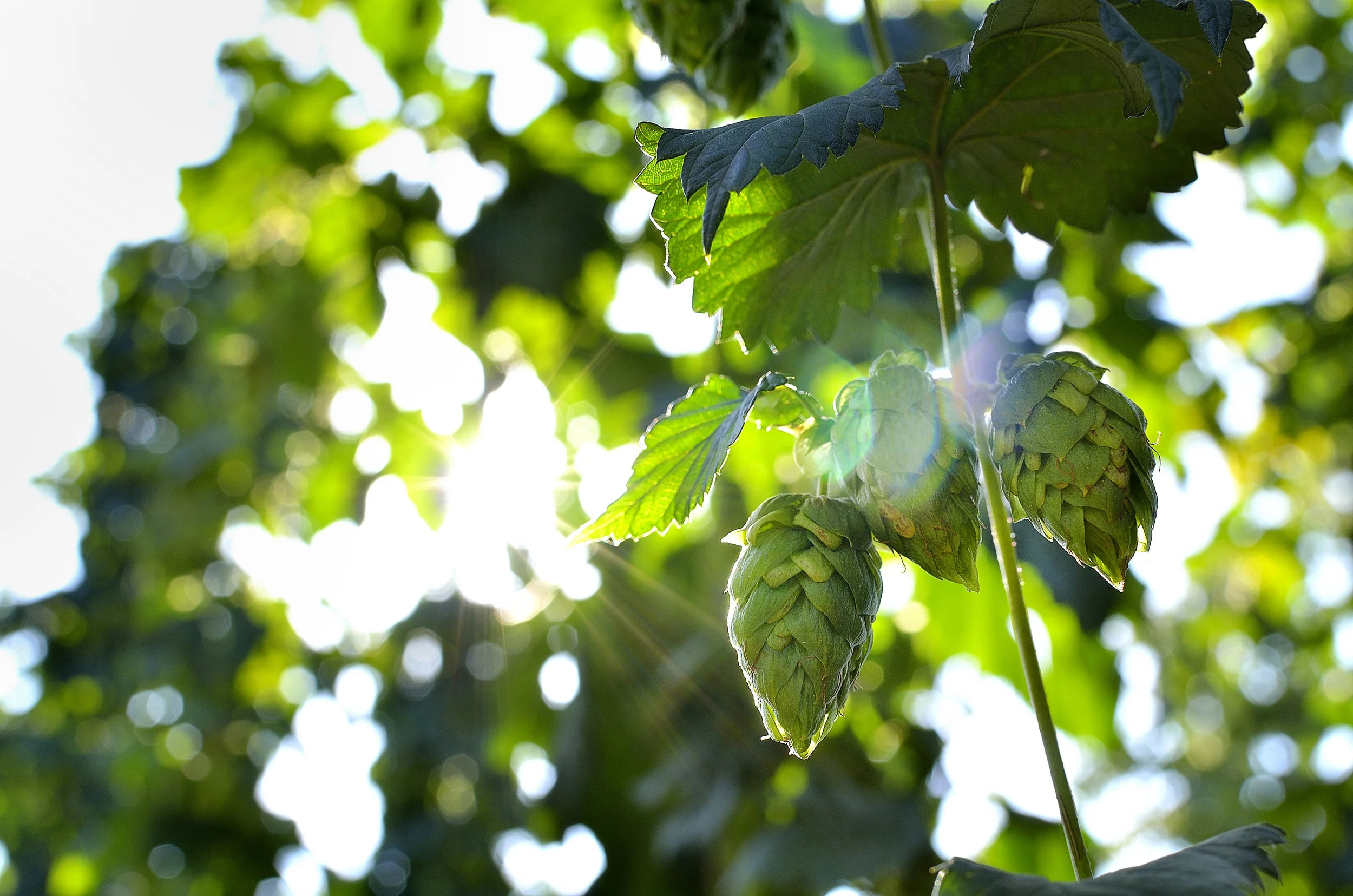Drinking Banana Beer in Rwanda — An Inauthentic Search for Authenticity in Kigali
“Excuse me, sir?” said the server, her head cocked and eyes narrowed. “Which beer did you say?”
I’d been in Rwanda’s capital city of Kigali for almost a week before I had the chance to flex my beer-tourist muscles. For most of my stay, I’d been unable to find an authentic beer experience through which to attain some insight into the country. Now, though—the day before my departure, in a casually upscale boutique restaurant—I thought I had finally found my chance in the form of urwagwa: Rwandan banana beer. My server seemed sceptical.
Even before I’d descended into Kigali’s coal-smoked, muggy night air several days prior, I’d decided that the international conference I was attending was the perfect pretext for a beer-discovery mission. Before leaving home, I’d consulted RateBeer and TripAdvisor, and potential leads were starred on Google Maps. I’d been to the region before, and knew of its ubiquity of industrial lager, but I fancied myself a more discerning explorer—a latter-day Stanley hacking through an undergrowth of macro pilsners in search of something realer.
My knowledge of Rwanda began and ended in 1994. While taking shuttles between the conference venue and my hotel, it seemed to me that Kigali was shaped (but not defined) by its past. I snatched only peripheral glimpses of that terrible history—the oppressive police presence on the streets, lopsided gender representation in officialdom, a shadowy memorial to murdered Belgian paratroopers. I felt guilty for not paying due respect to the country’s horrific past, safe in my privilege that I could avoid being grimmed out by visits to Kigali’s genocide memorials.
That first night, as my airport minivan rumbled around Kigali’s corniches on the way to my hotel, I got a first glimpse of the city’s beer scene and nightlife. Alongside ubiquitous signs for Western Union exchanges, Sadolin wood varnish, and MTN 4G contracts were halogen-lit billboards for Skol, Heineken, and “100% pure malt" Amstel.
The next morning, venturing up a rain-sodden hill on Kigali’s margins, where the city fizzled out into surrounding forest, its beer allegiances became clearer. These European brands marked their territory by splashing colour across the walls and worn patio chairs of single-storey bars. Primus electric blue. Skol Canary yellow. Black and white and red for Mützig, the umlaut an echo of a previous, Teutonic dominion.
One of these bars could well have been a gateway to the “authentic” Kigali I was seeking. Beer is useful for such communions. The best beer experiences have deep local roots—think lambic in Brussels, or bia hơi in Hanoi. They have something to say about the cultures and traditions that they hail from, and the idiosyncrasies of the people who drink them. I’d read up on banana beer, made from the fermented juice of mashed, ripened bananas, and I envisioned myself wandering into a yellow Skol bar, ordering a glass, and getting a proper handle on Kigali.
““Confronted with my obvious and pathetic whiteness, I felt keenly out of place and uncomfortable with the self-reflection.””
It wasn’t long before all my talk of wanting to explore the “real” Kigali was revealed to be self-important guff. We eventually arrived at a walled-off outdoor market bursting with life, but no obvious entrance, and flanked with groups of disinterested taxi drivers.
My brain immediately started popping with irrational worst-case scenarios. Was this the right place? Did we really want to go in? Would we get scammed and would our gear come back out with us? And what was making me panic? The children in their Sunday best coming out of mass from a church across the street, jostling for a chance to ogle us from the veranda? Or their parents, no less curious but more reserved in their voyeurism? I was being ridiculous, giving in to my worst, baseless gut prejudices.
I scuttled back to my hotel to soothe a bruised ego. I was supposed to be the voyeur, the foreign interloper in search of a bit of African exoticism I could parlay into a bottle-share anecdote when I got home. Confronted with my obvious and pathetic whiteness, I felt keenly out of place and uncomfortable in self-reflection. It turns out I didn’t really want to experience Kigali as it was, but instead a carefully packaged version that I could easily digest during my visit through the region. For the rest of the week, I drank macro lagers that tasted of nothing except an acrid taint of self-loathing.
Until—hot, bothered, and exhausted after a week of conference flesh pressing—I landed a shot at redemption in that chi-chi restaurant. Turning to the waitress I reconfirmed my order. No, there was no need for a taster. Okay, fine, if you insist. When she returned, I gave the sample a perfunctory sniff and gulp. Yes, it’s what I wanted. Thank you, you can leave the bottle.
The banana beer was a cloudy, viscous yellow liquid. It sure smelled of fermented bananas, tasting of the burnt lid of a crème brûlée, or of a banoffee pie baked with black-ripe bananas, washed down with a harsh alcohol burn. The end of the glass brought no epiphanies about my surroundings—just a grim satisfaction.
It was just a beer, and I was no Stanley—but does the world need another preening beer explorer? My fumbling in Kigali hadn’t opened any windows for me into the city’s soul. But they had revealed to me some hard truths. Probably more than I was comfortable with. Thoughts best washed away with a fresh bottle of Mützig. I beckoned over our server one more time.
Illustration by Em Sauter











